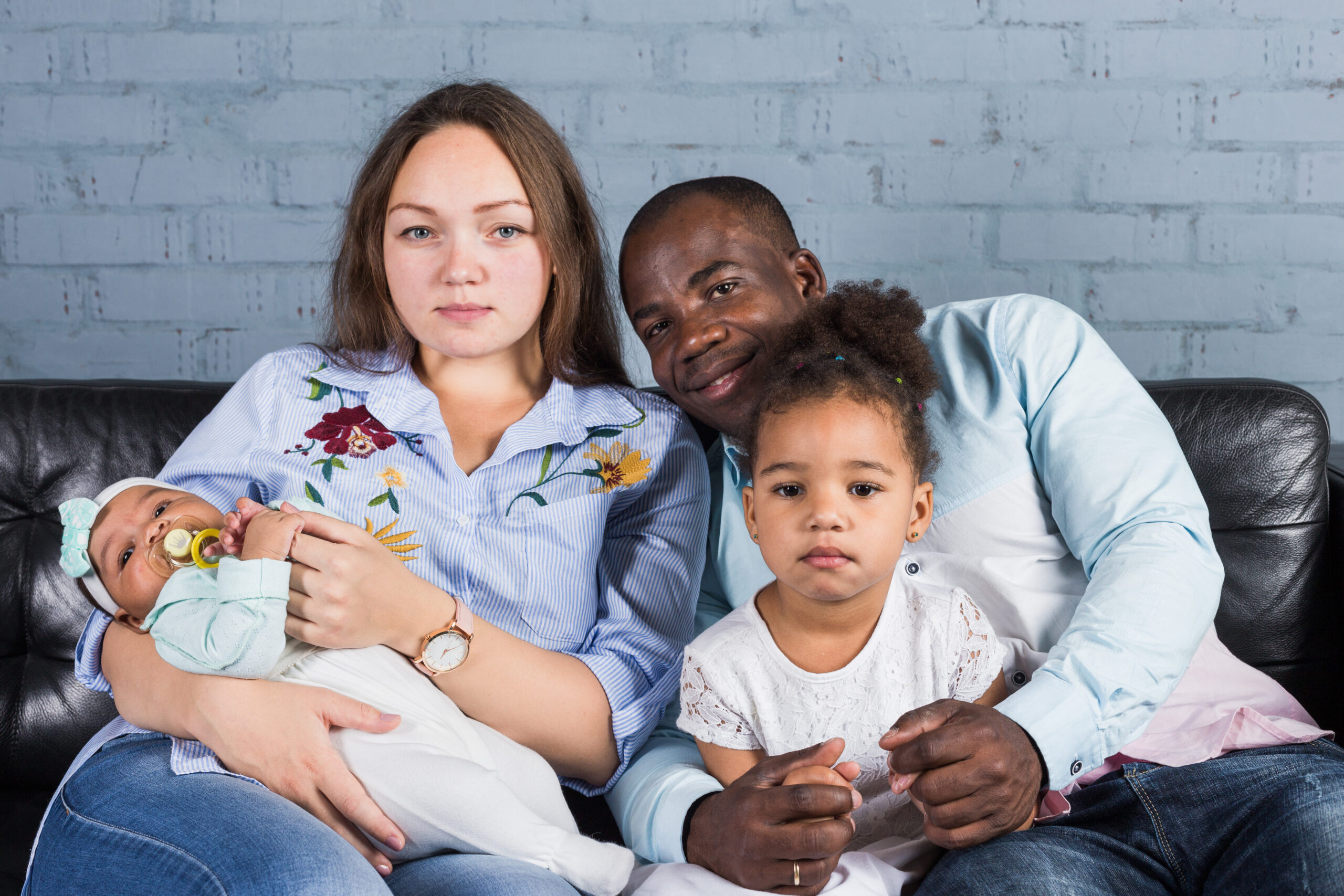
123rf
Interracial relationships, a beautiful testament to the power of love transcending cultural and racial boundaries, are increasingly common in today’s global society. Yet, despite the growing acceptance, these partnerships often encounter unique challenges that can test the strength and resilience of their bond.
From cultural misunderstandings to social stigma and familial resistance, interracial couples navigate a complex landscape that requires empathy, patience, and a deep understanding of each other’s worlds. This article discusses 12 unexpected challenges faced by interracial couples and offers insightful strategies for overcoming them, aiming to foster stronger, more harmonious relationships that celebrate the richness of diversity and the unity of love.
1. Cultural Misunderstandings

123rf
Interracial couples often face cultural misunderstandings that can lead to conflicts. These misunderstandings stem from differences in traditions, beliefs, and communication styles. To overcome this, couples should engage in open and honest conversations to educate each other about their respective cultures. It’s important to approach these differences with curiosity and respect, turning them into opportunities for growth and deeper connection. Participating in each other’s cultural events and traditions can also foster mutual understanding and appreciation.
2. Social Stigma

123rf
Interracial couples can encounter social stigma and stereotyping from society and even within their families. To navigate this, they should build a strong support system of friends and family members who respect and support their relationship. Couples should openly discuss the issues they face and work together to address them. Standing united against prejudice strengthens their bond and reaffirms their commitment to each other. Advocacy and education about the value of diversity and inclusivity can also help change negative perceptions.
3. Family Resistance

123rf
Resistance from family members can be a significant challenge, often rooted in generational or cultural biases. Communication is key in addressing these concerns; couples should express their commitment and love for each other to their families. Seeking family counseling or mediation can provide a neutral ground for dialogue and understanding. Establishing boundaries and gradually introducing cultural integration can ease tensions. Over time, consistency in positive interactions can help families grow more accepting and supportive.
4. Language Barriers

123rf
Language differences can create misunderstandings and complicate communication in interracial relationships. Couples should make efforts to learn each other’s languages, even if just the basics, to show commitment and respect. Utilizing language learning apps, classes, or bilingual resources can facilitate this process. Non-verbal communication and patience are also crucial in overcoming language barriers. Making language learning a joint activity can be a fun way to enhance understanding and intimacy.
5. Racial Identity Conflicts

123rf
Navigating racial identity and finding a sense of belonging can be complex for interracial couples and their children. Open dialogues about race, identity, and experiences can promote understanding and validate each other’s feelings. It’s important to educate oneself about the racial dynamics that the partner experiences. Supporting each other in facing racism and advocating for equality is vital. Couples should work together to create a home environment that celebrates all aspects of their cultural and racial identities.
6. Parenting Disagreements

123rf
Interracial couples might have different perspectives on parenting, influenced by their cultural backgrounds. Discussing and aligning on parenting styles and values early in the relationship is crucial. Respecting and integrating each other’s cultural practices can enrich the family’s upbringing. Seeking advice from other interracial families or professionals can provide valuable insights. It’s essential to maintain open communication and flexibility in parenting decisions.
7. Religious Differences

123rf
Religious differences can pose challenges in terms of wedding ceremonies, raising children, and celebrating holidays. Interfaith counseling or workshops can help couples understand and respect each other’s religious beliefs. Finding common ground or creating new traditions that honor both religions can be a meaningful way to celebrate their union. It’s important to have ongoing conversations about religious expectations and compromises. Mutual respect and understanding in religious practices are fundamental to harmonious coexistence.
8. Socioeconomic Variances

123rf
Differences in socioeconomic background can impact relationship dynamics, expectations, and future planning. Couples should have transparent discussions about finances, career goals, and lifestyle preferences. Understanding and respecting each other’s background and working together to establish common financial goals is crucial. Financial planning and counseling can help navigate these differences and plan a shared future. Equality and partnership in managing socioeconomic challenges strengthen the relationship.
9. Different Relationship Expectations

123rf
Interracial couples might have varied expectations of relationships based on cultural norms. Discussing these expectations early and honestly can prevent misunderstandings. Couples should negotiate and find a balance between different cultural values and relationship ideals. Flexibility and compromise are key in aligning relationship goals and practices. This ongoing negotiation can lead to a more tailored and fulfilling partnership.
10. Integration into Each Other’s Social Circles

123rf
Integrating into each other’s social circles can be challenging due to potential cultural or racial biases. Couples should support each other in these social settings and communicate any discomfort or issues that arise. Encouraging intercultural interactions within their social groups can promote mutual understanding and acceptance. Building a shared social network that respects and embraces diversity can enhance the couple’s social experience. It’s important to be patient and supportive during this integration process.
11. Navigating Public Perception

123rf
Dealing with the public perception and stereotypes about interracial relationships can be taxing. Staying confident in the strength and legitimacy of their relationship helps couples face external judgments. Engaging in communities or networks that support diversity can provide solidarity and empowerment. Couples should prioritize their well-being and the health of their relationship over societal judgment. Education and advocacy can also play a role in changing negative public perceptions.
12. Legacy and Heritage Preservation

123rf
Preserving and passing down cultural legacies and heritage can be a concern for interracial couples. They should actively engage in learning about and honoring each other’s cultural histories. Creating family traditions that incorporate elements from both cultures helps in preserving heritage. Documenting cultural stories and histories for future generations can be a valuable legacy. Celebrating the richness of their combined heritage strengthens the family’s identity and unity.
Navigating the Journey Together

123rf
Interracial couples face unique challenges, but through communication, respect, and mutual support, they can overcome them and build a strong, loving relationship. By embracing each other’s cultures and working together to navigate societal pressures, they can create a fulfilling partnership that honors their diverse backgrounds. The journey of an interracial relationship is not only about facing challenges but also about celebrating the beauty of diversity and love’s unifying power.
